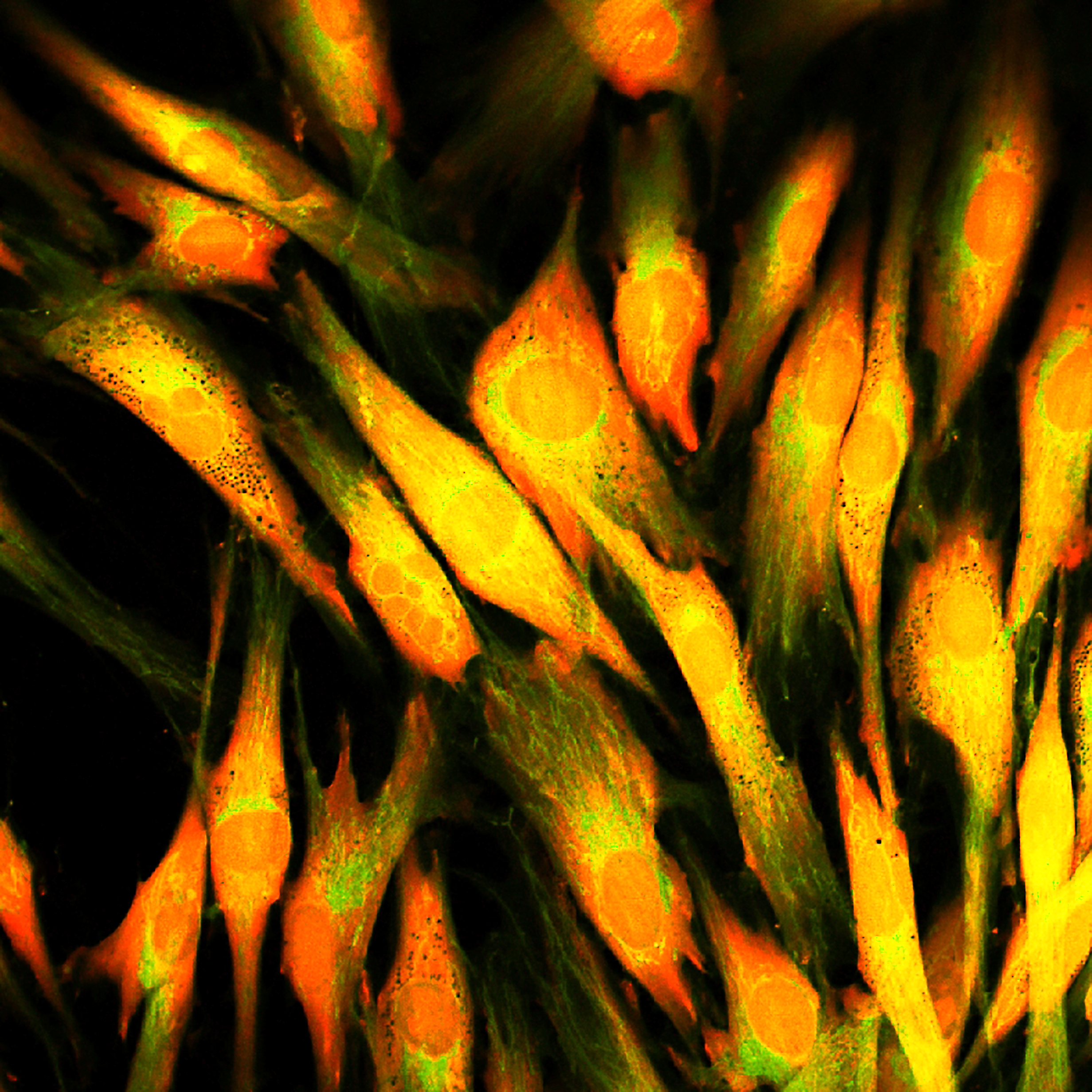Cancer Drug Candidate to Be Tested on Lung Fibrosis in Phase 1 Clinical Trial

Drugs targeting a pathway centered on a molecule named PI3K and a mammalian target of rapamycin (mTOR) — another molecule in the same pathway — are in early, preclinical tests in a variety of disease conditions, and recently completed a Phase 1 cancer trial. A study from University College London also found that a mTOR and PI3K blocker might be a promising agent to treat idiopathic pulmonary fibrosis (IPF) — a theory soon to be tested in a proof-of-mechanism clinical trial.
Earlier studies have pointed to similarities in mechanisms between cancer and pulmonary fibrosis, and researchers suspect that dysregulated PI3K signaling may contribute to the profibrotic behavior of myofibroblasts in pulmonary fibrosis.
Using both precision-cut lung tissue slices from 12 patients and cultured fibroblasts isolated from both healthy and fibrotic lung tissue, the study, “Exploration of a potent PI3 kinase/mTOR inhibitor as a novel anti-fibrotic agent in IPF,“ found that signaling in the pathway was indeed increased in pulmonary fibrosis patients, particular in fibrotic foci.
The same PI3K and mTOR blocker used in the Phase 1 cancer trial — GSK2126458 — decreased the signaling in this pathway in both lung myofibroblasts and epithelial cells.
Published in the journal Thorax, the study also showed that the drug prevented the expansion and fibrotic behavior of fibroblasts in culture, stimulated with the profibrotic factor TGF-beta, and reduced collagen formation.
Researchers confirmed the effect of GSK2126458 on cells from bronchoalveolar lavage fluid (BALF) obtained from six patients with IPF undergoing routine diagnostic BAL, and discovered that BALF macrophages could serve as a sensor to monitor the blocking of the PI3K pathway in vivo.
With a prospective clinical trial in mind, the research team then integrated their preclinical findings with data from the cancer clinical trials that explored the drug’s pharmacokinetics — giving scientists information about how a drug behaves in the body, including knowledge of its absorption, distribution, metabolism, and excretion. In this way, the team could model an optimal dosing regimen of GSK2126458 for patients with idiopathic pulmonary fibrosis, to allow the launch of a clinical trial with a minimal need for additional studies in experimental animals.
For more information about this U.K. Phase 1 clinical trial in IPF patients (NCT01725139) and how to participate, please visit the link.







